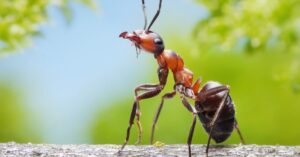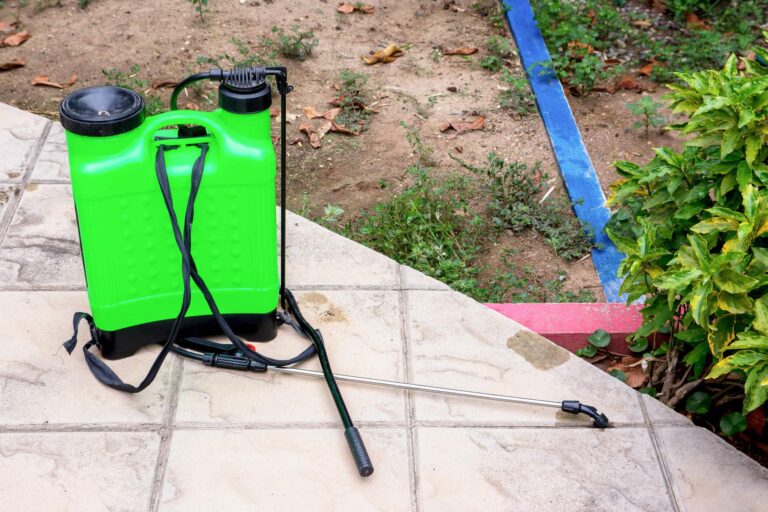This season, Portland homeowners have noticed more eight-legged visitors darting across their floors. Wolf spiders, the muscular hunting spiders native to Oregon, have gotten bolder about moving into nicely-appointed homes around the metro area. For many residents, it is a concern over these unwanted visitors that associate the spiders, which can grow to nearly an inch in body length, with anxiety.
With Portland’s strange climate cycles, city development, and seasonal behavioral shifts, wolf spiders have all the reasons they need to start finding their way in the door. Although these spiders are not dangerous, their presence is irritating, and a permanent settlement rarely can take place without expert care. Need an exterminator in Portland? Contact Pointe Pest Control!
What Makes Wolf Spiders Unique in Oregon?
One uniquely hunting spider is the wolf spider, which distinguishes itself not only with their hunting methods but also with its physical appearance, separating it from the other 500 or so species found in Oregon. They have excellent vision with eight eyes that are in three rows, helping them see movement from far away. Oregon wolf spider females average between a half inch and an inch long in body length, making them larger than male Oregon wolf spiders.
Female wolf spiders move their egg sacs attached to their spinnerets before further commanding the newly hatched spiderlings on their backs. With Oregon’s mild temperatures and lengthy growing seasons, these spiders have more opportunity to be active than in other regions.
Why Are Wolf Spiders Moving Indoors This Season?
- Cooler Outdoor Temperatures
The colder the temperatures get, the more spiders come inside to warmer places where they can remain active. Following the recent extreme temperature fluctuations in the area, these migrants have migrated to Portland much earlier than projected.
- Reduced Outdoor Food Sources
Insects may not be as active outdoors late in summer and during early fall, so many spiders, including wolf spiders, will follow their insect hosts into heated areas.
- Mating Season Pressures
During the breeding season, male wolf spiders become more active, which means they sometimes wander into your home while looking for a mate. This increased movement reaches its peak during late summer and into the fall months.
- Construction and Landscaping Disruption
Urban development projects in Portland disrupt spider habitats, displacing them. Established populations of spiders are also displaced by yard maintenance and seasonal landscaping activities.
- Moisture-Seeking Behavior
The dry summer in Oregon causes wolf spiders to need constant humidity. They will travel indoors, usually to basements, crawl spaces, and near water sources.
- Daylight Changes
Spider activity patterns also shift with the decrease in daylight, and they find their way into houses with bright light more often as their hunting time adjusts.
Time to Bring in a Pro?
If wolf spiders are frequently seen or you are starting to find them regularly, professional assistance may be needed. Pointe Pest Control has been helping Portland area homeowners with spider problems, recognizing that every home presents different challenges. They understand that wolf spider problems usually signify bigger pest control trouble as predators follow their food sources inside.
Expert pest control services can pinpoint the entry point, determine the level of infestation, and create strategic targeted treatment plans focused on removal and prevention from reentry in the future.
Homeowner Tips to Discourage Spider Entry
• Use weatherstripping and caulk to seal gaps and cracks around windows, doors, and other areas where they can enter the home.
• Limit outdoor lighting by the entrance to homes; you may also use yellow bulbs, which mosquitoes do not attract, thereby reducing food sources for spiders.
• Keep landscaping clean – trim greenery away from your house, and eliminate leaf piles, woodpiles, and other hiding spots for spiders
• Use dehumidifiers indoors, particularly in basements and crawl spaces, as wolf spiders thrive in damp conditions.
• Constantly vacuum in corners, beneath household furniture, and along baseboards to eliminate spiders, egg sacs, and the insects they would feed on












